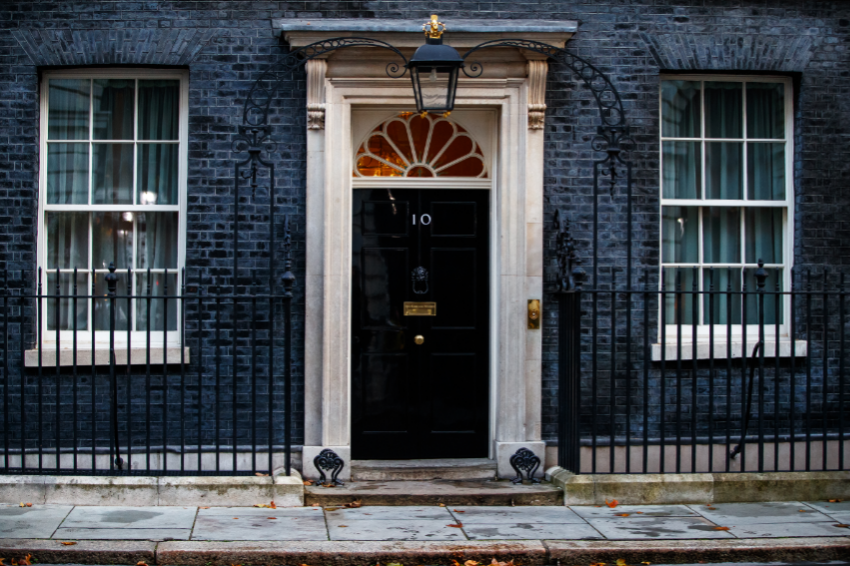PRESS RELEASES | 14/05/2025
Cut Electricity Prices Now or Miss the Clean Industry Boom, Say Leading Businesses and Climate Groups

A coalition of manufacturers, investors, and climate groups have called on the Chancellor to slash electricity prices to unlock growth, drive electrification, and secure Britain’s place in the global clean economy.
In a joint letter [1] sent today to Chancellor Rachel Reeves, major industry and climate leaders – including businesses across the UK’s industrial supply chain – have urged the government to move policy costs from now-closed schemes to incentivise renewables, off electricity prices and into general taxation, a move they say would cut business energy costs by up to 15% and household bills by up to £370 per year. [2]
The call comes as high electricity prices continue to undermine UK competitiveness, with businesses paying significantly more for electricity than their European counterparts. Some support has been provided by the British Industry Supercharger, but it falls short of what is needed to keep pace with the support on offer in the EU, US, and elsewhere. [3]
There is precedent for such a move. In 2022, Germany scrapped its green power surcharge, opting to pay for renewables through a dedicated national climate fund instead. This enables the government to recover costs in a more progressive way, as policy costs currently fall disproportionately on electricity users, including lower-income households and businesses that are struggling to compete internationally.
This change would strongly align with the government’s growth mission, by improving UK industry’s global competitiveness. Signatories warn that failure to act now could see Britain miss out on a global clean manufacturing market projected to reach $2.6 trillion by 2030. [4]
Reducing electricity prices will lower household and business bills, reduce the cost of goods and services, free up business capital for energy efficiency and low carbon technologies, and make the UK a more attractive place to invest in these industries of the future.
“If the UK wants to compete for clean industry and investment, electricity prices must come down,” said Laith Whitwham, Senior Policy Advisor at E3G. “Moving legacy policy costs into general taxation is a fast, fiscally sound fix that would reduce costs, improve investor confidence, and help Britain keep pace with other countries.”
Beth Barker, Senior Policy Officer at the Aldersgate Group, said: “The government has taken decisive steps towards delivering clean power by 2030, and we now need equally decisive action to supercharge the growth of low carbon industry. The Climate Change Committee’s advice is clear: electrification will abate the majority of industrial emissions by 2050. Shifting policy costs is essential to advancing electrification across the economy; however, to achieve the scale of industrial electrification required, the government must go further and faster to provide additional targeted support—comparable to the backing given to hydrogen and carbon capture technologies.”
Arjan Geveke, Director of the Energy Intensive Users Group (EIUG), said: “Having policy costs on electricity prices deters electrification, increases the risk of carbon leakage, is highly regressive, and the opposite of value-for-money. Moving them to the Exchequer will free up energy bills and stimulate economic growth”.
NOTES TO EDITORS
[1] This letter was signed by a coalition of businesses, investors, consultants, and climate organisations. The full letter and list of signatories can be found here: Letter_Industrial_Electricity_Prices_1_.
[2] Energy UK (2025) How to Cut Bills – A Crisis We Can’t Afford to Ignore
[3] The British Industry Supercharger was announced in 2023 but offers limited relief and only applies to a small number of sectors.
[4] IEA (2024) Global market for key clean technologies set to triple to more than $2 trillion over the coming decade as energy transitions advance


